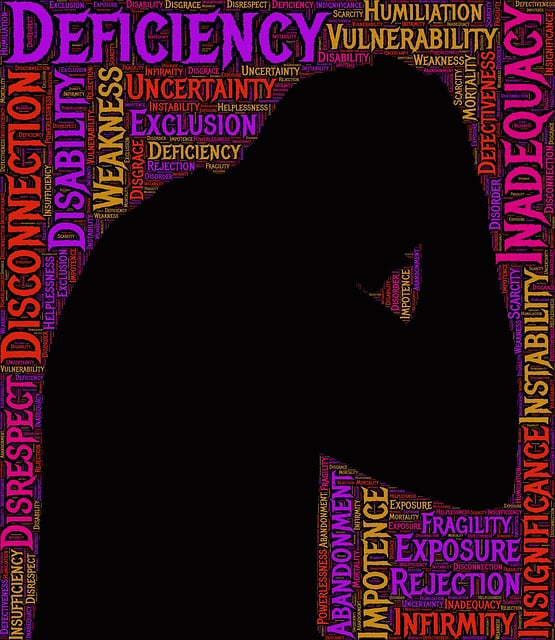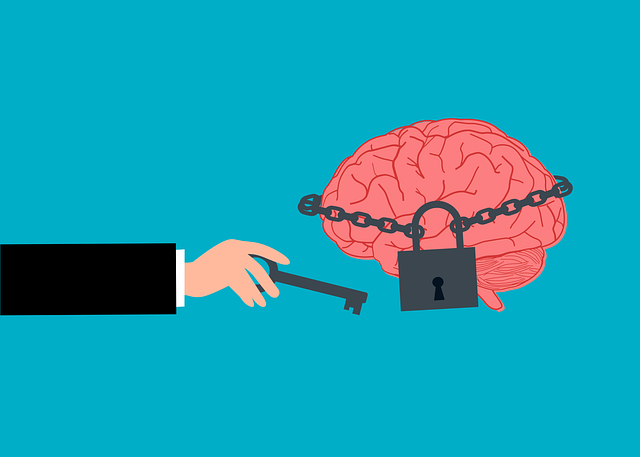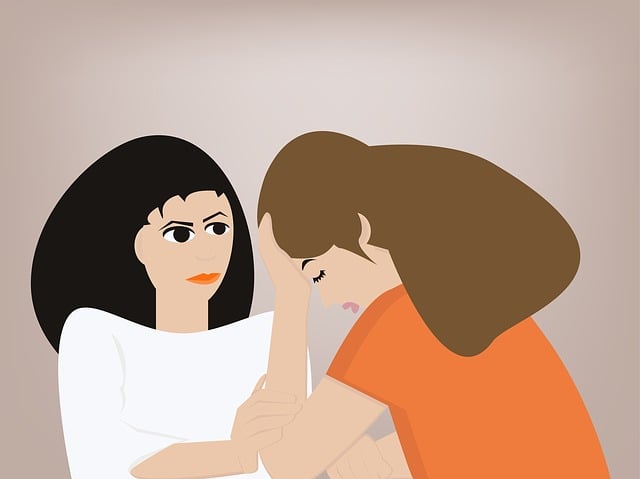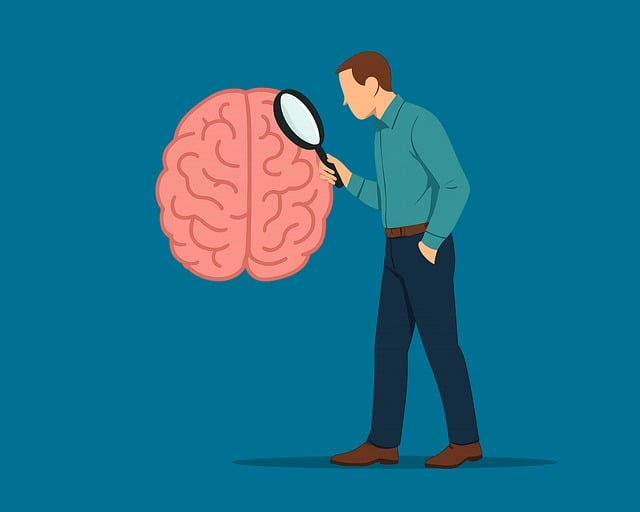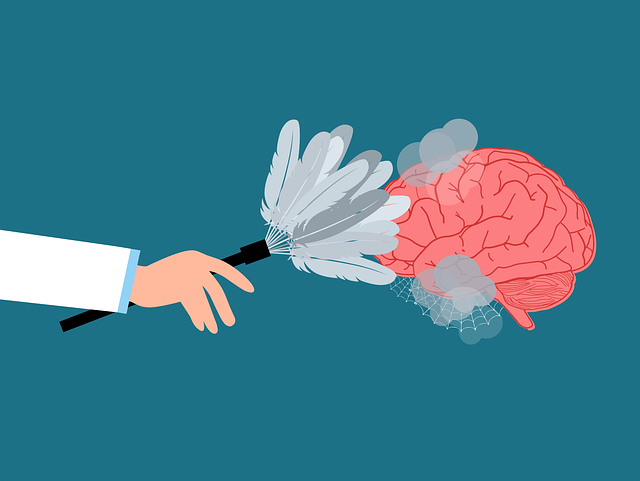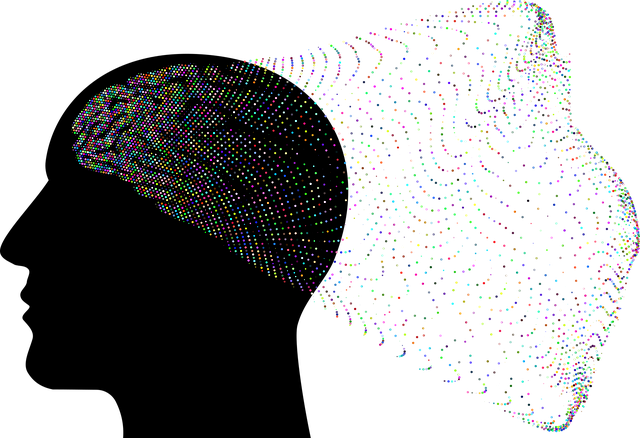Centennial Learning Disability Therapy (CLDT) is an innovative approach to social skills training for individuals with co-occurring mental health conditions, focusing on tailored communication strategies and non-verbal cues. Through role-playing, skill integration in daily activities, and mindfulness exercises, CLDT enhances social connections, builds support networks, and promotes emotional healing. Its evidence-based methods, coupled with cultural competency training for healthcare providers, lead to improved mental health outcomes, increased confidence, and better social integration, aligning with robust Mental Health Policy frameworks.
Social skills training is a powerful tool for managing mental health conditions, fostering meaningful connections, and improving overall well-being. This comprehensive guide explores the significance of social skills and their profound impact on mental health. We delve into the role of Centennial Learning Disability Therapy, a proven approach that equips individuals with effective strategies to navigate social interactions. From understanding basic social cues to implementing practical techniques, this article offers valuable insights for enhancing daily life through enhanced social connections.
- Understanding Social Skills and Their Impact on Mental Health
- The Role of Centennial Learning Disability Therapy in Social Skills Training
- Practical Strategies for Enhancing Social Interactions in Daily Life
Understanding Social Skills and Their Impact on Mental Health

Social skills are a crucial aspect of our daily lives, facilitating interactions, building connections, and fostering support networks. For individuals with mental health conditions, developing and refining social skills can significantly impact their overall well-being. These skills enable them to navigate relationships, express emotions effectively, and manage social situations, which are essential components of Emotional Healing Processes.
Centennial Learning Disability Therapy recognizes the profound effect of social skills on mental wellness. Through tailored Resilience Building techniques and Mental Wellness Coaching Programs Development, individuals can learn to communicate, understand non-verbal cues, and manage social expectations. This process not only enhances their ability to connect with others but also contributes to a sense of belonging and self-worth, ultimately promoting mental health stability and growth.
The Role of Centennial Learning Disability Therapy in Social Skills Training

Centennial Learning Disability Therapy (CLDT) plays a pivotal role in social skills training for individuals with mental health conditions. This therapeutic approach is designed to address the unique challenges faced by those with learning disabilities, often co-occurring with mental health disorders. CLDT focuses on enhancing communication strategies and fostering better social interactions through tailored, evidence-based techniques. By integrating these methods into mental health policy analysis and advocacy, healthcare providers can improve patient outcomes significantly.
The therapy emphasizes the importance of cultural competency training for healthcare providers, ensuring they understand the diverse needs of their patients. Through CLDT, individuals learn effective communication skills that transcend words, promoting non-verbal cues and empathy in social settings. This holistic approach not only enhances social integration but also contributes to improved mental health outcomes by empowering individuals to navigate social challenges with greater confidence and resilience.
Practical Strategies for Enhancing Social Interactions in Daily Life

Social skills training is a cornerstone of Centennial Learning Disability Therapy, equipping individuals with mental health conditions to navigate social interactions more effectively. This involves teaching practical strategies tailored to each person’s unique needs and challenges. For instance, role-playing scenarios can help practice conversation starters, maintain eye contact, and interpret non-verbal cues – essential skills for building connections in daily life.
Beyond therapy sessions, integrating these strategies into routine activities offers continuous reinforcement. Encouraging individuals to join social groups or community activities allows them to apply learned techniques in real-world settings. Additionally, promoting self-awareness through mindfulness exercises can enhance emotional regulation and facilitate positive interactions. This holistic approach, combined with support from mental health professionals, empowers folks to manage their mood and build meaningful relationships, addressing key aspects of a comprehensive Mental Health Policy Analysis and Advocacy framework. Effective risk management planning for mental health professionals is also crucial in fostering safe and supportive environments where these skills can flourish.
Social skills training, particularly through innovative approaches like Centennial Learning Disability Therapy, plays a pivotal role in managing and improving mental health conditions. By understanding the impact of social interactions on mental well-being and employing practical strategies, individuals can navigate social situations more confidently. This comprehensive approach not only enhances daily life but also fosters a support network that is essential for long-term recovery and overall happiness.




